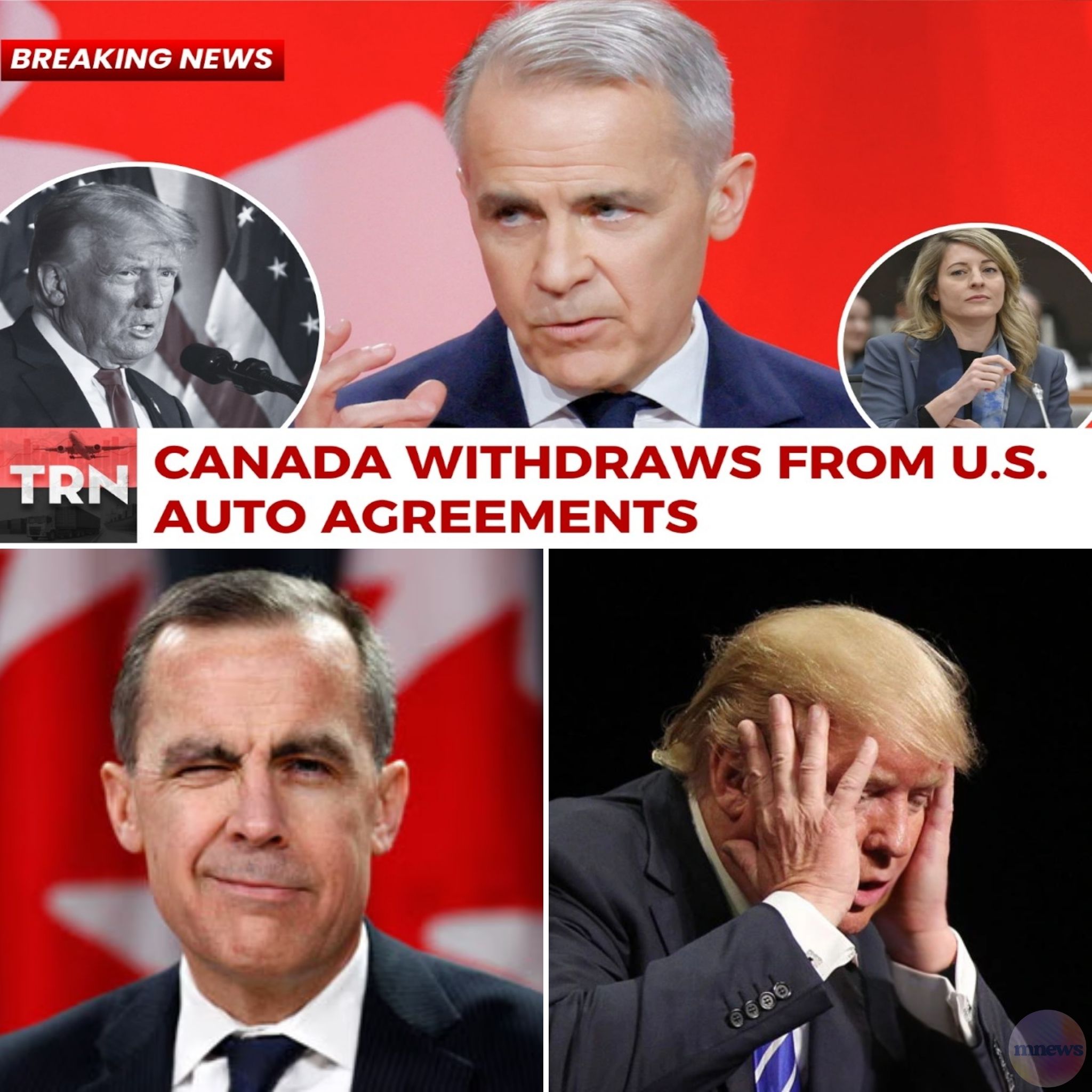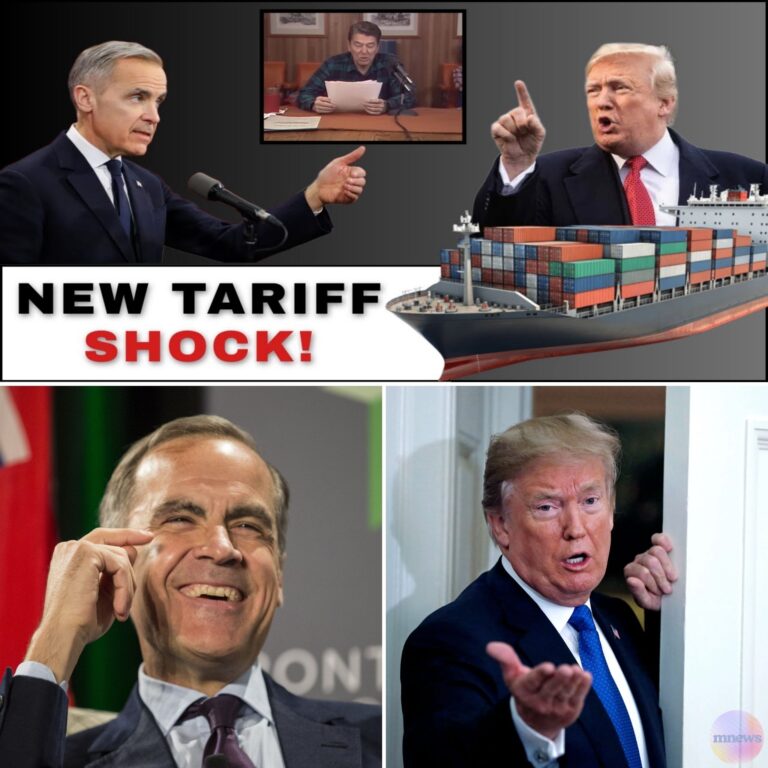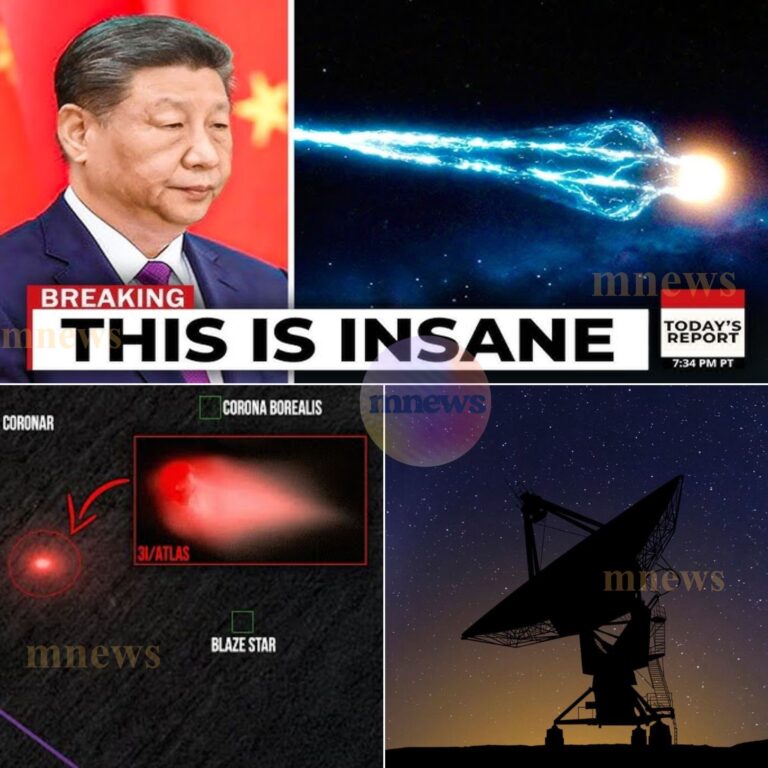Canada has officially severed ties with key U.S. auto cooperation agreements, marking a dramatic shift in North American trade dynamics. This unprecedented move signals Ottawa’s intent to reclaim control over its industrial future, amid escalating tensions fueled by aggressive U.S. tariffs under President Donald Trump’s “America First” agenda. The fallout from this decision is sending shockwaves through the U.S. auto sector, which has long relied on Canada’s integrated supply chains and resources.

The U.S. auto industry is now grappling with the consequences of Canada’s withdrawal, which is poised to inflict greater damage than any tariff could. The Canadian government had previously exempted major automakers like Stellantis and GM from a 25% retaliatory tariff, contingent upon specific investment commitments. However, as Trump’s administration ramped up tariffs on Canadian auto imports, the trust that underpinned decades of cooperation eroded. Ottawa’s response has been methodical, moving from tactical retaliation to a comprehensive shift in its industrial strategy.
Prime Minister Mark Carney’s government is no longer content to be a passive player in the auto industry. Instead, Canada is crafting a robust industrial strategy focused on security and reliability, effectively stepping away from a mindset that has defined North American auto manufacturing for over three decades. The old model, where parts and components flowed seamlessly across borders, has been shattered by U.S. policy. Canadian-made parts are now viewed as foreign liabilities, a perception that Canada refuses to accept.
This strategic withdrawal is not merely reactionary; it is a calculated repositioning that emphasizes cooperation over assumed alignment. U.S. automakers will have to earn their privileges in Canada moving forward, as access to the Canadian market will be contingent upon genuine investment and long-term commitments. This marks a significant departure from the past, where Canadian resources and labor were taken for granted.
As Canada diversifies its economic partnerships, engaging with countries like South Korea and Japan, the U.S. risks losing its status as Canada’s primary trading partner. The irony is that the tariffs intended to shield American jobs are now destabilizing the very companies they were designed to protect. U.S. automakers are already feeling the pinch from higher operating costs and disrupted supply chains, as the interconnectedness of the North American auto industry faces unprecedented strain.
In a landscape where reliability is becoming a critical currency, Canada is demonstrating that it will no longer tolerate unilateral U.S. actions that undermine its economic interests. The withdrawal from auto cooperation agreements is a clear declaration that Canada is ready to assert its independence and agency in trade negotiations. As the U.S. finds itself increasingly isolated, the question remains: can it adapt to a new North American reality where Canada is no longer a subordinate partner, but an empowered player charting its own course?





